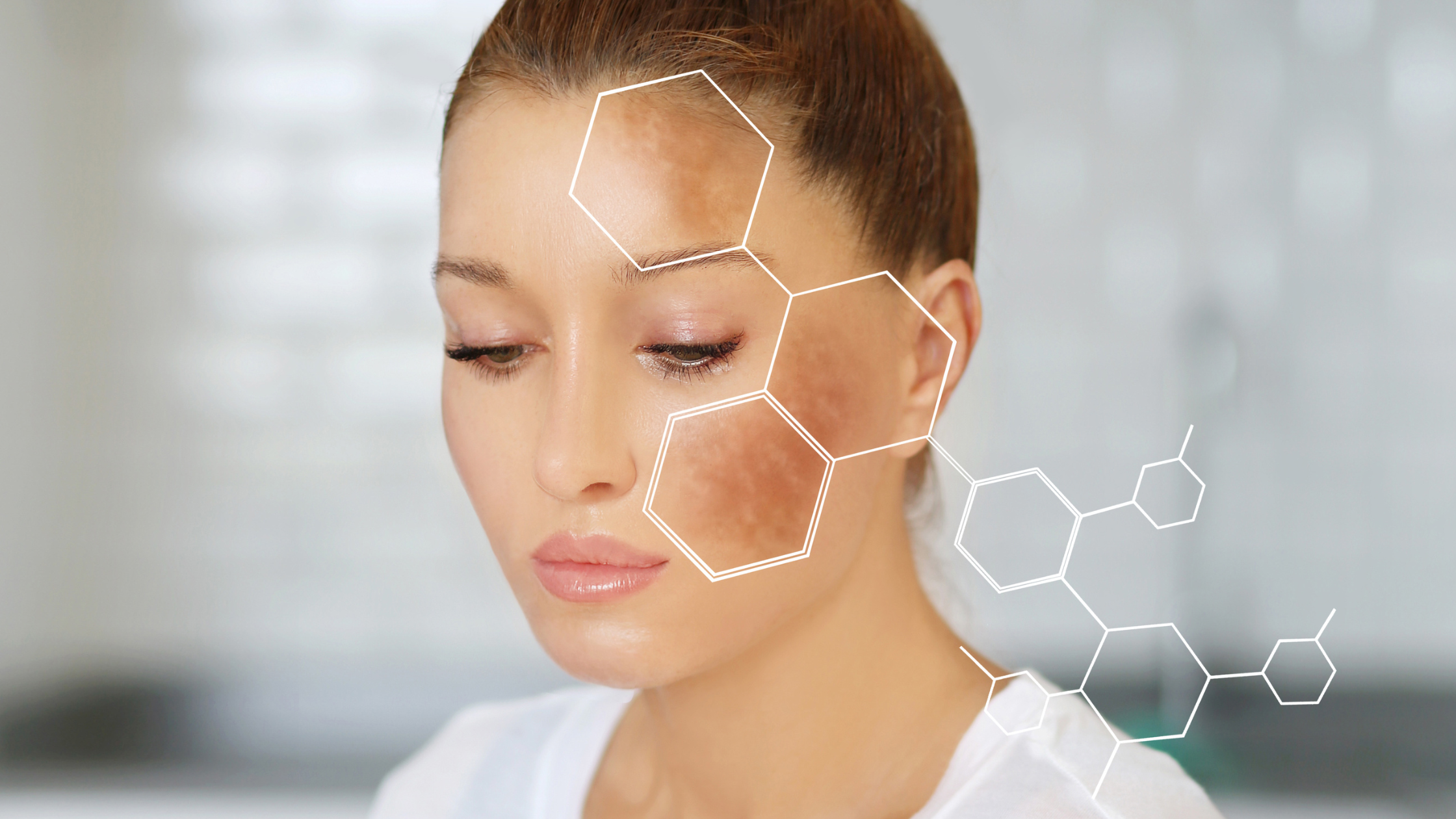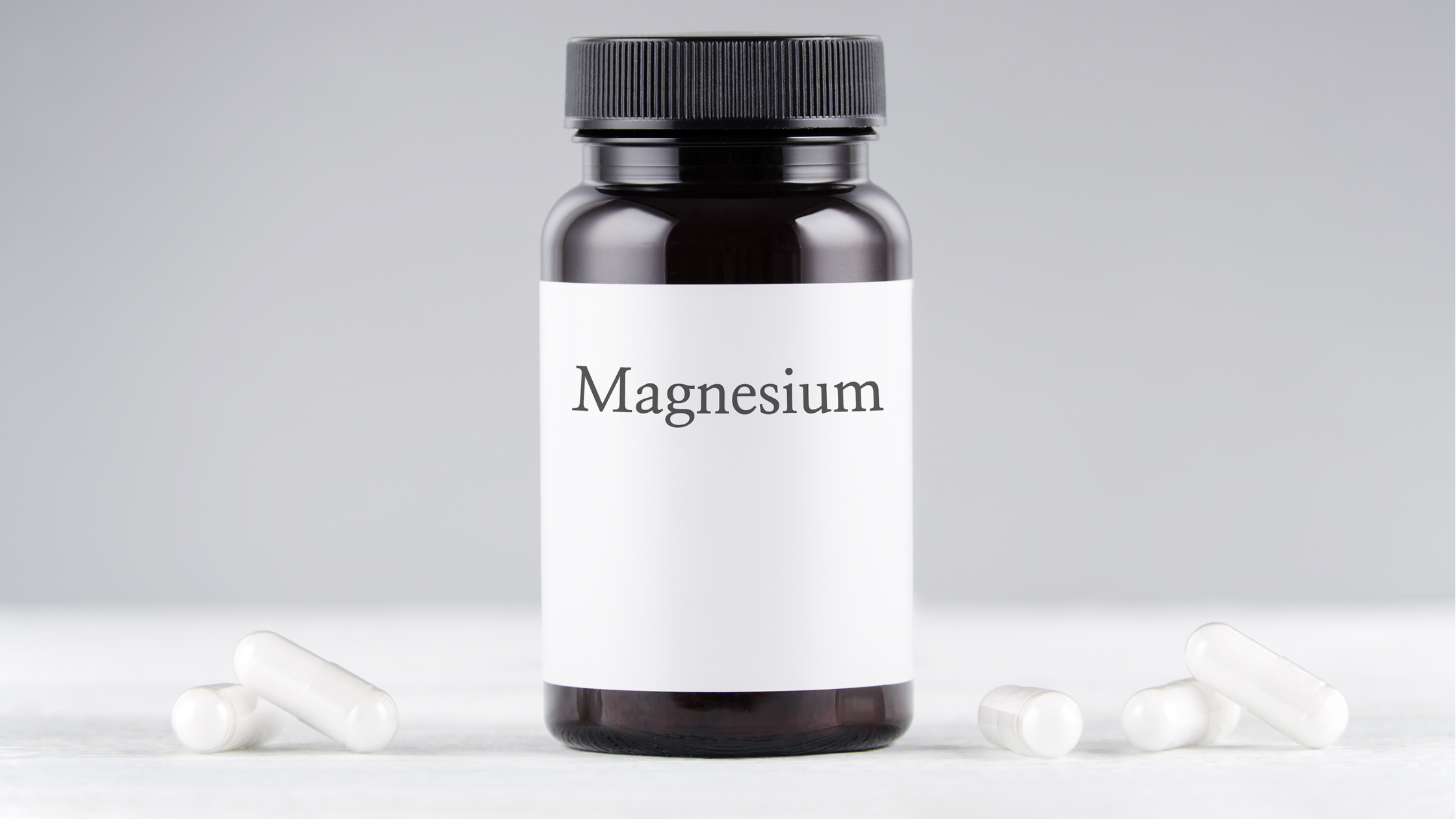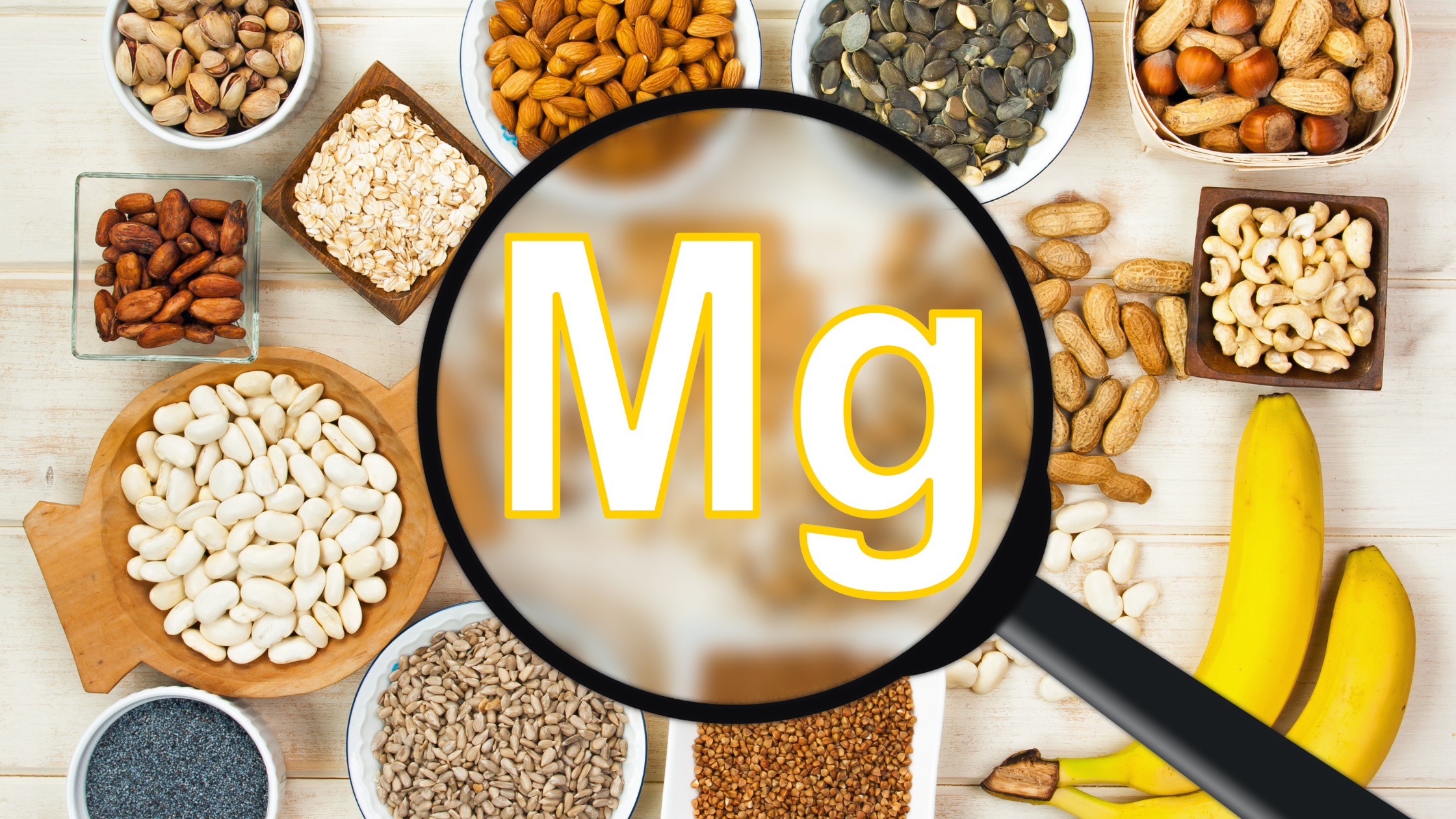
Combat Hyperpigmentation from Within: The Power of Vitamin C
Ever slathered on layer after layer of creams, hoping that the stubborn dark spot would finally vanish? You’re not alone. For years, the focus of treating hyperpigmentation has been on what we apply to the skin — serums, gels, toners, and creams. But what if the true glow-up comes from within? Yes, you read that right! Hyperpigmentation isn’t just a skin-deep issue — your diet, internal health, and nutrients like vitamin C play a massive role. Let’s explore how you can combat hyperpigmentation from the inside out, with a special spotlight on the powerhouse: vitamin C.
Understanding Hyperpigmentation
Before diving into internal remedies, it’s worth understanding what hyperpigmentation actually is. In simple terms, it’s a condition where patches of skin become darker than the surrounding areas due to an overproduction of melanin — the pigment responsible for skin colour. This can result from sun exposure, inflammation, hormonal changes (hello, melasma), or even injury to the skin.
While topical treatments do work to an extent, they often act more like a band-aid than a cure. To truly manage and reduce pigmentation, we need to go deeper.
Why Topical Treatments Aren’t Always Enough?
Let’s be honest: creams can only do so much. Many skincare products can’t penetrate the deeper layers of your skin where melanin is produced. They may temporarily lighten the surface, but without addressing the root causes — oxidative stress, inflammation, and nutrient deficiencies — the pigmentation often returns. That’s where internal support becomes critical.
How to Combat Hyperpigmentation from Within?
Fighting pigmentation internally is about creating a body environment that naturally discourages excess melanin production. This involves reducing inflammation, neutralising free radicals, supporting liver function, and ensuring your skin cells regenerate healthily.
Here are some science-backed internal strategies that can help:
1. Vitamin C – The Internal Brightening Boost
Vitamin C isn’t just the go-to when you’re feeling under the weather. It’s a powerful antioxidant that plays a key role in skin health and pigmentation. One of its most remarkable properties is its ability to interfere with melanin production, which means fewer dark spots and a more even complexion over time. It also helps with collagen production, making your skin firmer, smoother, and more youthful.
While eating plenty of citrus fruits, berries, and leafy greens is great, the amount of vitamin C your skin needs to truly impact pigmentation often exceeds what we get through food alone. This is where a good supplement comes in handy. Route2Health's high-quality Vitamin C supplement offers the right dose of vitamin C your skin needs to combat pigmentation, boost collagen, and promote overall radiance — all from within. Add it to your daily routine and let your natural glow shine through.

2. Glutathione – Your Skin’s Natural Defender
Another key player in managing hyperpigmentation internally is glutathione. Known as the body’s “master antioxidant,” glutathione helps protect your cells from damage and keeps your skin healthy by reducing oxidative stress. More importantly, it has the ability to influence melanin production by encouraging the skin to produce lighter pigments rather than darker ones.
As a result, many people who take glutathione regularly notice brighter, more even-toned skin. While your body produces it naturally, stress, pollution, and poor diet can reduce its levels. Supplementing with glutathione is an effective way to restore those levels and support clear, radiant skin. Route2Health’s potent Glutathione supplement helps detoxify your system, reduce oxidative damage, and support a lighter, more even skin tone from the inside out. Consistent use can lead to visible improvements in pigmentation and overall skin clarity.
3. Vitamin E – Skin Nourishment from Within
Vitamin E is another internal ally when it comes to skin health. It works hand-in-hand with vitamin C to provide your body with a strong antioxidant defence system. This helps to soothe inflammation, repair damaged skin cells, and protect the skin against sun damage — one of the main triggers for pigmentation.
You can find vitamin E in foods like nuts, seeds, and spinach. However, pairing it with a vitamin C supplement helps amplify its effects, especially for those dealing with uneven skin tone or discolouration.

4. Zinc – Balancing Hormones and Healing Skin
Zinc is a trace mineral that supports hormone balance, immune health, and wound healing. For those dealing with pigmentation as a result of acne, inflammation, or hormonal changes, zinc plays a crucial role. It helps reduce redness, supports skin regeneration, and can minimise the formation of dark spots after breakouts.
You can boost your zinc intake through foods like pumpkin seeds, chickpeas, and whole grains, or consider a daily zinc supplement, especially if you're prone to skin inflammation or hormonal acne.
5. Omega-3 Fatty Acids – Calm the Inflammation
Chronic inflammation in the body can lead to various skin issues, including pigmentation. Omega-3 fatty acids are known for their powerful anti-inflammatory effects. They help reduce redness, support cell membrane health, and improve overall skin texture. They also keep hormones in check, which is especially helpful for those dealing with melasma or hormonal pigmentation.
Including foods like fatty fish, flaxseeds, chia seeds, and walnuts in your diet can be very beneficial. You can also use an omega-3 supplement daily to ensure you’re getting enough.

6. Probiotics – Balance the Gut, Brighten the Skin
Did you know your gut and skin are closely linked? When your gut is imbalanced, it can lead to inflammation, poor nutrient absorption, and even hormonal fluctuations — all of which affect your skin. Probiotics help restore this balance, ensuring your digestive system is working efficiently so your skin gets the nourishment it needs.
Foods like yoghurt, kefir, sauerkraut, and kimchi are rich in probiotics, but supplements are often more effective if you're dealing with specific skin concerns like hyperpigmentation or acne.
7. Water – Your Skin’s Simplest Detox Tool
It might sound basic, but staying hydrated is one of the most effective things you can do for your skin. Water helps flush out toxins, supports liver and kidney function, and maintains the elasticity and turnover of your skin cells. Dehydration can make pigmentation look more prominent by dulling your natural glow and slowing the skin’s natural healing process.
Make it a habit to drink at least 8–10 glasses of water a day. For an extra boost, add lemon slices, cucumber, or mint for added antioxidants and skin-loving nutrients.

8. Sleep & Stress – The Hidden Contributors
Sleep and stress are often overlooked when it comes to skin health, but they are vital. During sleep, your body goes into repair mode, regenerating skin cells and reversing damage. Meanwhile, chronic stress increases cortisol — a hormone that can trigger inflammation and melanin production.
Create a calming evening routine, reduce screen time before bed, and prioritise 7–9 hours of quality sleep each night. Even light meditation or journaling can help manage stress levels and, as a result, reduce flare-ups of pigmentation.
9. Vitamin A – For Faster Skin Cell Turnover
Vitamin A, especially in the form of beta-carotene or retinyl palmitate, plays an important role in skin regeneration. It speeds up cell turnover, which means old, pigmented skin cells are replaced more quickly with fresh, new ones. It also keeps the skin firm and smooth, contributing to an even tone over time.
Carrots, sweet potatoes, dark leafy greens, and eggs are all great sources. You can also take a vitamin A supplement, but be careful not to exceed the recommended dose, especially if you are pregnant or breastfeeding.

Conclusion: Let Your Radiance Start from Within
Achieving bright, even-toned skin doesn’t have to mean covering your face in creams and hoping for the best. By nourishing your body with the right nutrients, staying hydrated, getting proper sleep, and managing stress, you can tackle hyperpigmentation at the source.
Two of the most powerful tools in your internal skincare arsenal are Vitamin C and Glutathione. Together, they help regulate melanin production, detoxify your system, and give your skin the boost it needs to glow naturally from within.
Add Route2Health’s Vitamin C 500mg to your daily routine for a consistent dose of antioxidant power and skin-brightening support.
Pair it with Route2Health’s Glutathione 500mg to strengthen your body’s defence against pigmentation and enjoy a radiant, more even complexion from the inside out.
FAQs
1. Can I treat hyperpigmentation without using creams?
Absolutely! By focusing on internal health — especially with nutrients like vitamin C and glutathione — you can manage and reduce pigmentation naturally.
2. How long before I see results from internal remedies?
Most people start to notice improvements in 4–8 weeks with consistent supplementation and dietary changes.
3. Is vitamin C more effective as a supplement or in food?
Both are beneficial, but supplements ensure you’re getting a therapeutic dose consistently, which is important for pigmentation.
4. Can glutathione make my skin lighter?
Glutathione supports lighter, brighter skin by reducing the production of dark pigments and detoxifying the body.
5. What lifestyle habits can worsen pigmentation?
Poor diet, dehydration, lack of sleep, and chronic stress can all contribute to or worsen hyperpigmentation.






















































